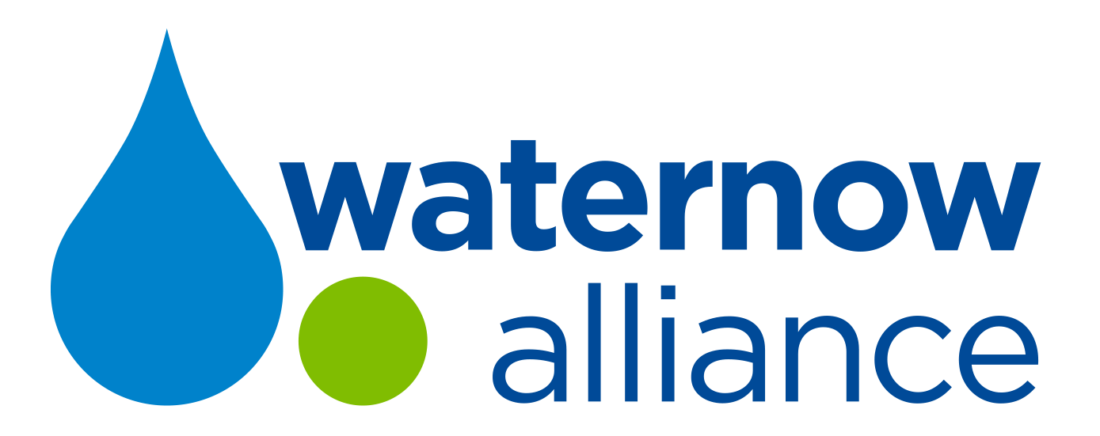The city’s Department of Water & Power—the nation’s largest water municipal water agency—provides water service to about 680,000 connections. The Sanitation District, part of the Department of Public Works, is the lead environmental department for the city responsible for (among other services) wastewater and watershed protection. Perpetually sunny, Los Angeles receives only about 15 inches of rain a year on average, and faces several overlapping water management challenges, including severe drought, concerns over state-mandated water use restrictions, combined sewer overflows, flooding, declining water supply reliability, and climate change.
To meet these challenges, the city has embraced the One Water concept of integrating all of its water resource management. The city embarked on its first Integrated Resources Plan in 1999 which included LADWP and LASAN as key partners. Twenty years on these partnerships are now baked in to the City’s DNA and LA’s One Water Plan has grown into a full-fledged phenomenon complete with its own website. The One Water Plan seeks to fully integrate the city’s wastewater, stormwater, watershed, and drinking water management by 2040 and:
- Reduce purchases of imported water by 50% by 2025;
- Draw 50% of its water supply from local sources by 2035;
- Reduce total potable water use by 25% (from 2012 levels) to achieve 98 GPCD by 2035; and
- Capture 150,000 acre-feet per year of stormwater.
In addition, Los Angeles Mayor Eric Garcetti established an aggressive sustainability agenda for water resource managers with his pLAn—LA’s New Green Deal.
In the localized infrastructure context, distributed green infrastructure projects represent 52% of all identified stormwater projects opportunities in LA’s One Water Plan. These distributed projects include 445 Green Streets program opportunities and 176 additional distributed green infrastructure projects. Further, a hallmark of the LA’s One Water Plan is the extensive stakeholder engagement LASAN and LADWP undertook to inform its development. “By bringing together all parties in the planning stage, a collaborative process was developed that will continue through the Plan's implementation and beyond.” In total, the City engaged over 500 stakeholders, held 15 workshops, and conducted another 15 plus discussions around special topics including stormwater management and decentralized-site treatment. The stormwater management special topic group was the most popular amongst stakeholders, and the group’s recommendations included that the city offer incentives, rebates, and rewards such as stormwater fee discounts and subsidies for project development on private parcels, among other things.
Among many co-benefits, LA anticipates that putting this One Water approach into action will:
- Create nearly 7,000 new jobs
- Save $1.97 for every $1 spent
- Improve public health
- Generate climate adaptation & resilience
- Restore habitat
- Improve quality of life through new open space.
While the city has identified a significant funding gap to meet the estimated costs of
implementing and operating and maintaining the green infrastructure and other stormwater projects, the One Water Plan includes recommendations on additional funding sources including grants, cost-sharing with intra-city agencies, voter-approved initiatives, leveraging water supply benefits of stormwater capture, and special taxes. Of these options, the city has identified debt-financing as a key funding avenue because, in part, the city’s “stormwater management program involves substantial investment in capital projects with a long useful life, generating benefits over long periods of time.”
 From Los Angeles, California, to Hoboken, New Jersey, as part of WaterNow’s Tap into Resilience initiative, WaterNow has interviewed over a dozen city and utility leaders already tapping into localized water strategies for fast, affordable, and impactful solutions to their water challenges. More details on LA’s One Water Program Tap into Resilience case study are available on WaterNow’s campaign website here. And we hope you will join us at our Tap into Resilience Summit in Philadelphia on April 15-16, 2020, to learn more about localized water solutions and connect with other water leaders from across the nation.
From Los Angeles, California, to Hoboken, New Jersey, as part of WaterNow’s Tap into Resilience initiative, WaterNow has interviewed over a dozen city and utility leaders already tapping into localized water strategies for fast, affordable, and impactful solutions to their water challenges. More details on LA’s One Water Program Tap into Resilience case study are available on WaterNow’s campaign website here. And we hope you will join us at our Tap into Resilience Summit in Philadelphia on April 15-16, 2020, to learn more about localized water solutions and connect with other water leaders from across the nation.

